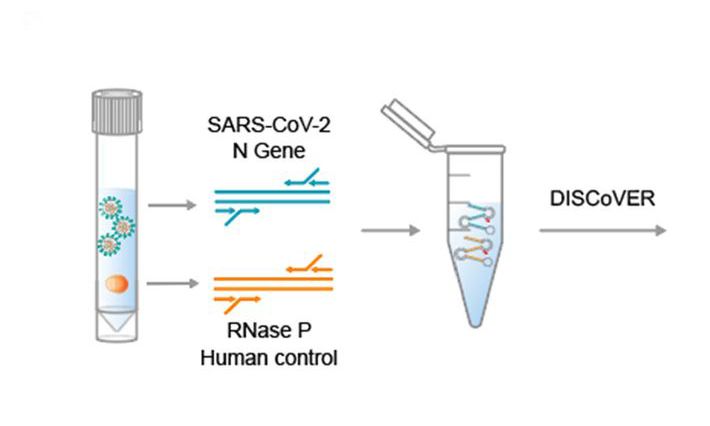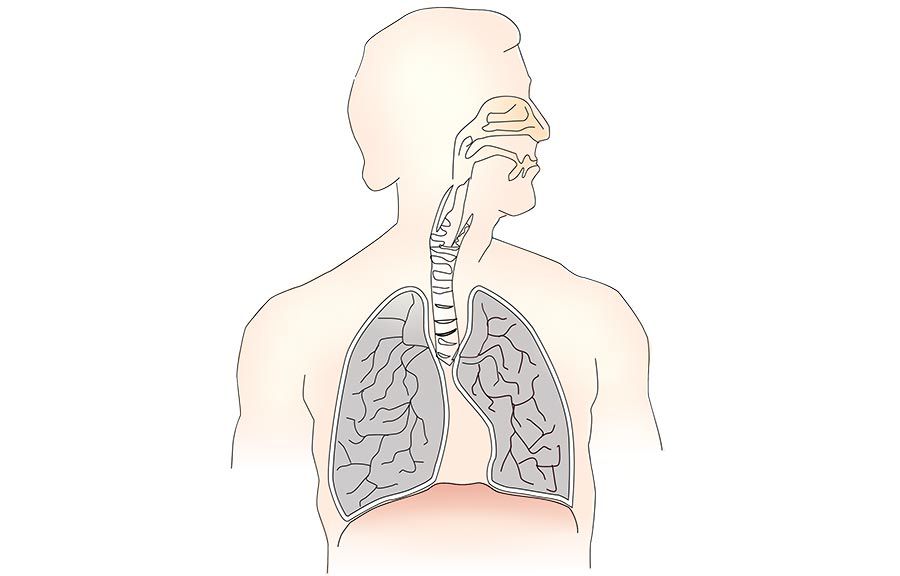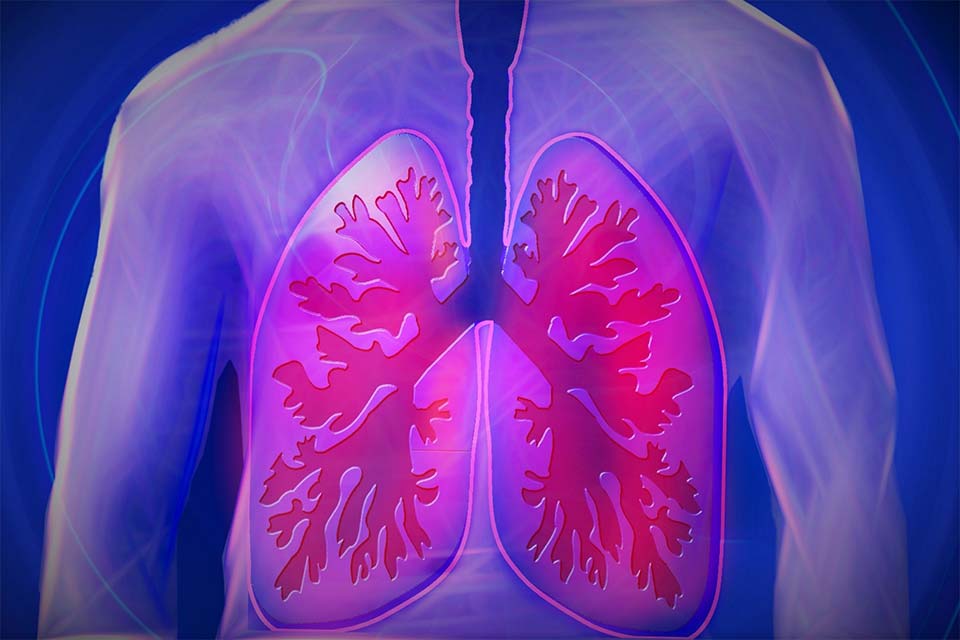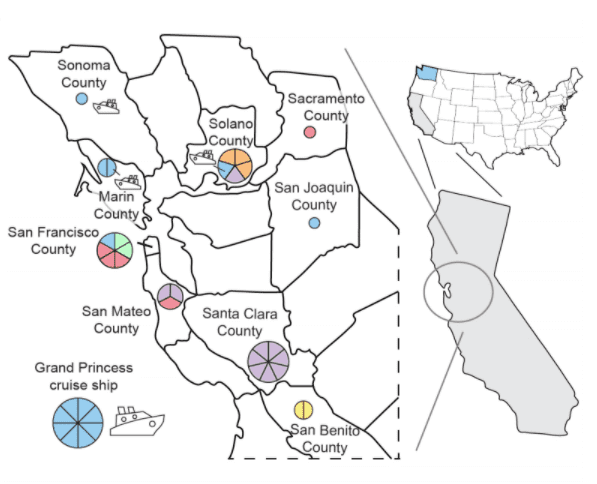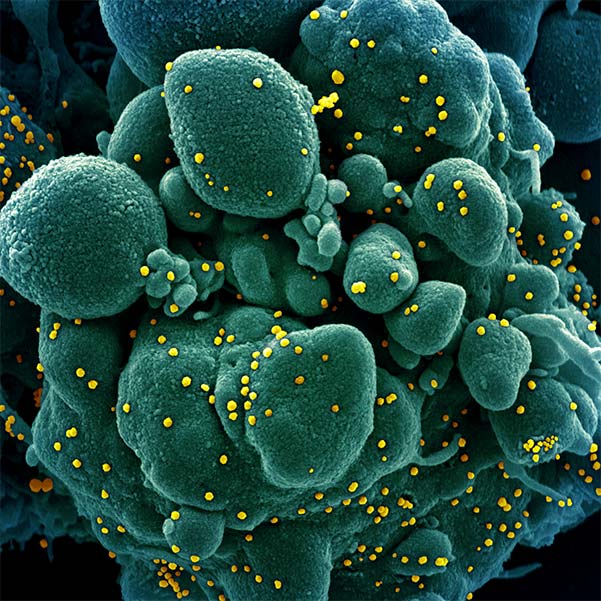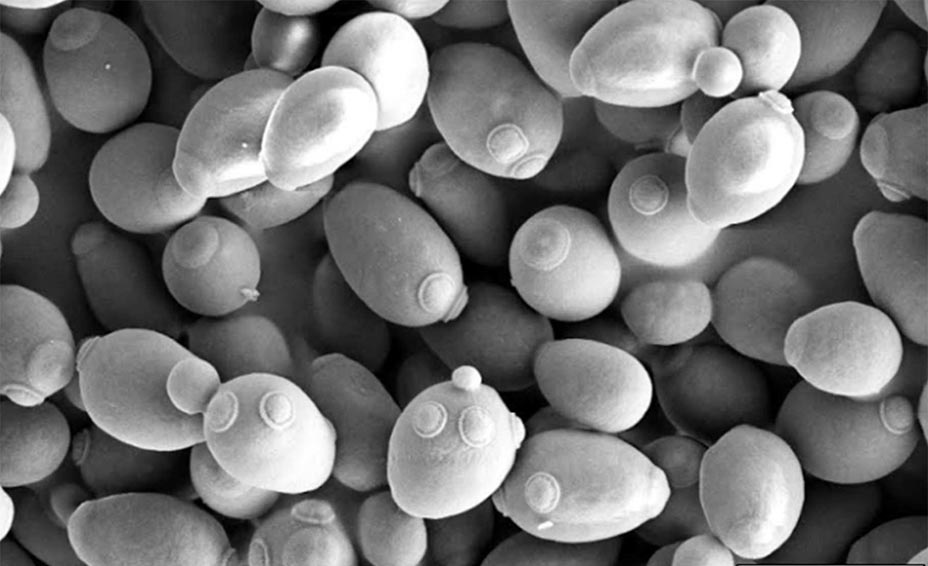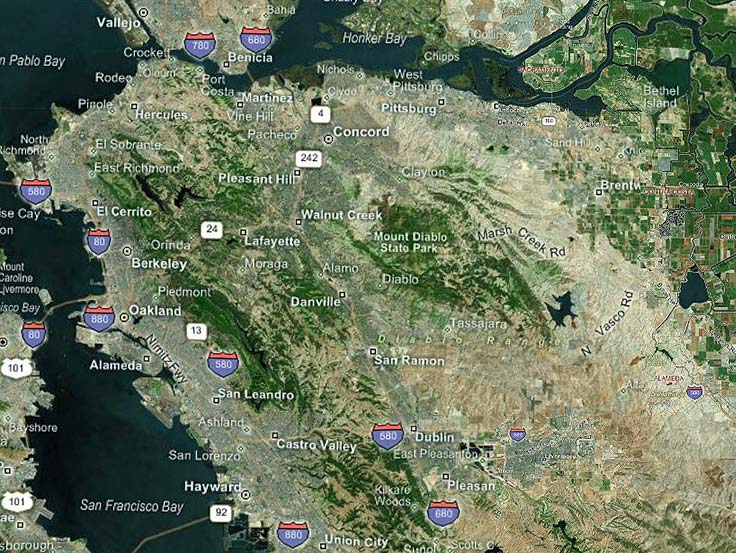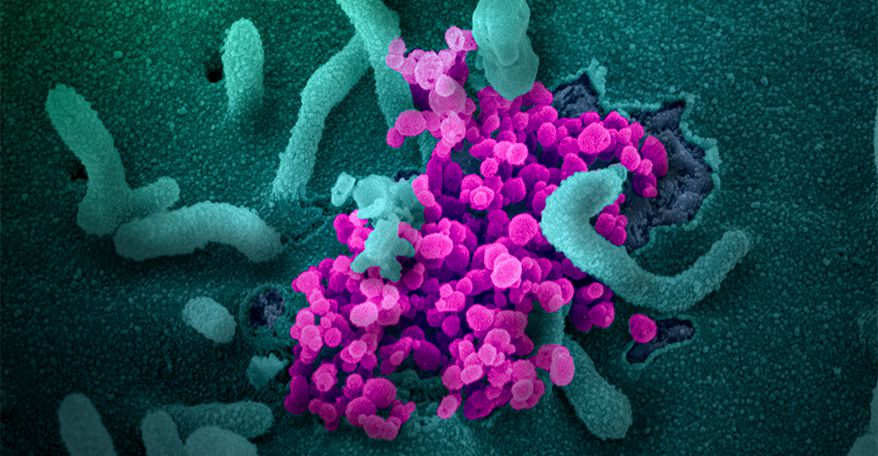Genomics
Institute
Targeting the host-pathogen interface of COVID-19
Our goal is to characterize the host-pathogen interface and target vulnerabilities of COVID-19 (SARS-CoV-2) that could lead to the development of new therapeutic treatments.
SHARE:
Viruses rely on host machinery for all aspects of their life cycle. Targeting viral-host interactions is key to understanding the extreme pathogenicity of SARS-CoV-2, the virus that causes COVID-19. Furthermore, viral rewiring of key host processes may be critical to deleterious immune responses occurring late in the disease.
Our aim is to structurally characterize the host-pathogen interface and determine molecular vulnerabilities in the virus that could be exploited to develop small molecule or biological therapeutics. The versatility of the strategy makes it robust and we believe we will be able to obtain high-resolution structures of many viral-host complexes. These structures, as they emerge, can be used as platforms for the development of new therapies that can prevent the replication of the virus or the deleterious host response.
This work is funded by the Laboratory for Genomics Research (LGR), a collaboration between UC Berkeley/UCSF (IGI) and GlaxoSmithKline.
Share this project:


